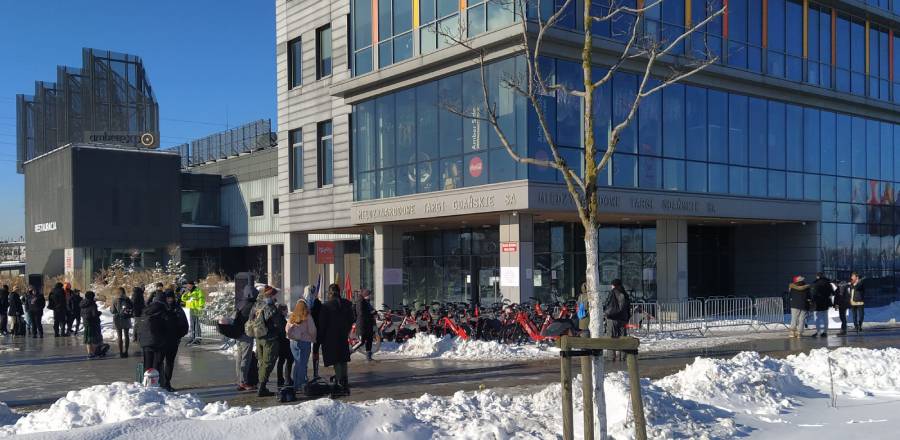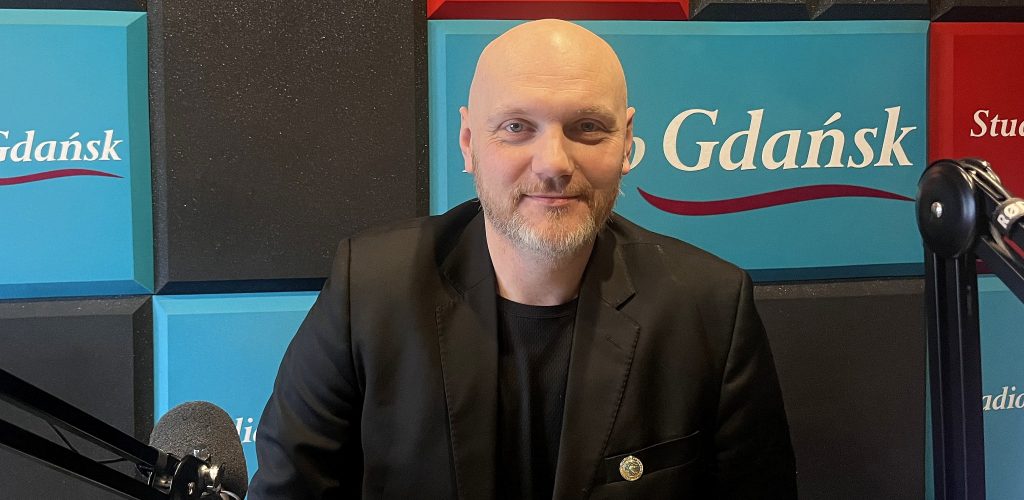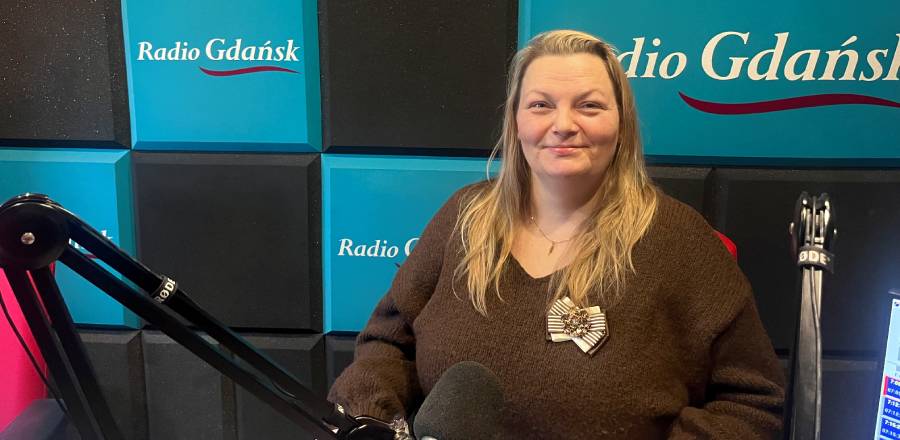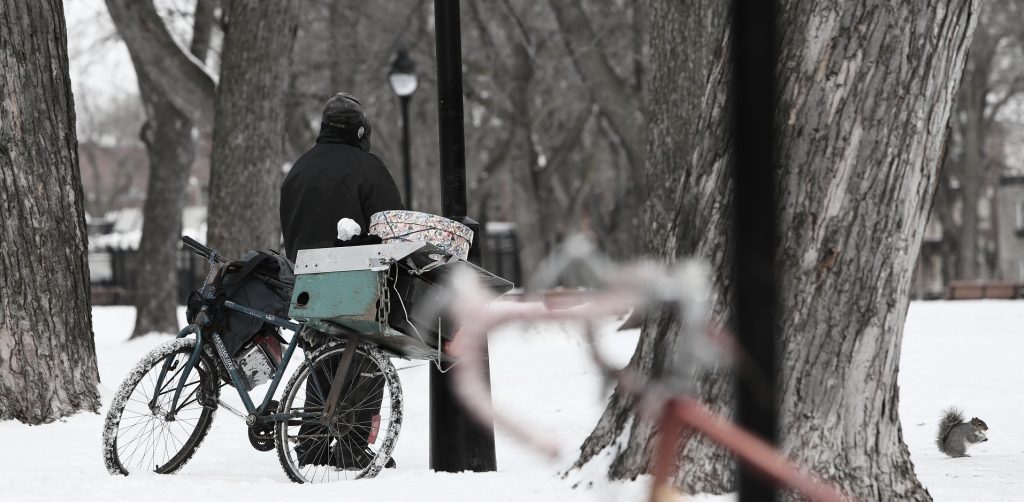Poland reached the milestone yesterday, becoming the sixth European nation to do so after France, Spain, Italy, Germany, and the UK. A further 13,855 cases were announced on Wednesday, with 609 deaths in the preceding 24 hours, bringing the total known number of lives lost to the epidemic to 18,208.
The figure of 1 million includes all recorded confirmed cases of the disease, meaning the true number is likely much higher due to unrecorded cases.
Just under 21,000 patients are currently hospitalised with the virus – that’s just over half of overall capacity.
There is some good news though, as the number of active cases in Poland has begun to fall as stricter sanitary measures take their effect.
In related news, the Polish government says it has signed contracts to buy 45 million doses of coronavirus vaccines.
Prime Minister Mateusz Morawiecki told reporters yesterday that Poland had agreed deals with Pfizer, AstraZeneca, and Johnson & Johnson, adding that the government plans to roll out a vaccination programme by February.
The UK yesterday became the first country in the world to officially green-light the use of a coronavirus vaccine by US pharmaceutical giant Pfizer.
The approval by Britain’s medicines regulator means that, from next week, mass coronavirus vaccination can begin in the UK.
According to reporting by the BBC, the first doses of the vaccine are already en route to the UK, with 800,000 doses due to arrive within days.
Care home residents and staff are top priority for the vaccine, with health and social care workers and over-80s next on the list. The jab will then be gradually rolled out to the rest of the population in order of age group.
The UK is the first country to approve the Pfizer vaccine, which makers claim is up to 95% effective against the virus.
Poland’s national gas infrastructure operator, Gaz System, has said plans are progressing for the construction of an undersea pipeline from Denmark to Poland.
Writing on Twitter yesterday, Gaz System President Tomasz Stępień said all the necessary contracts and permits had been signed for the Baltic Pipe Project. He added that only the construction phase remained.
The Baltic Pipe, which will connect the Polish port of Szczecin to the Danish island of Zealand, is part of a Polish government plan to develop gas links to the west and reduce dependence on Russian gas. The link to Denmark would allow Poland to tap into gas supply from the North Sea.
According to Mr. Stępień, the first construction works are beginning on the pipeline, with the first North Sea gas set to flow into Poland in October 2022.
Poland’s coastal cities are this month preparing to mark the 50th anniversary of the tragic December 1970 protests.
Protests broke out in the coastal cities of Szczecin, Elbląg, Gdynia, and Gdańsk in mid-December 1970 following a sudden increase in food prices which were, at the time, set by the government.
The December strikes, taking place at the height of the communist regime in Poland, were brutally put down by the military and militia police force, with at least 40 demonstrators killed and over 1,000 injured.
The main commemorations this year are set for December 16th, taking place mostly online due to the pandemic. At 5 pm, Gdansk’s European Solidarity Centre will broadcast a commemoration ceremony from the Monument to the Fallen Shipyard Workers in Solidarity Square. Later that evening, a special documentary on the strikes will be aired on TVP1.
Weather
Remaining cloudy as we go into this afternoon with a chance of some light-to-moderate snow showers going into the evening.
Air temperatures this afternoon at around -1C, 30F, but feeling around -8C with windchill, that’s 17F.
Warming up slightly overnight and into tomorrow morning with a chance of some rain or wintery showers early on. Temperatures set to bump up to around 8C in the coming days before dropping back down.
Radio Gdansk News/TAH/ako







